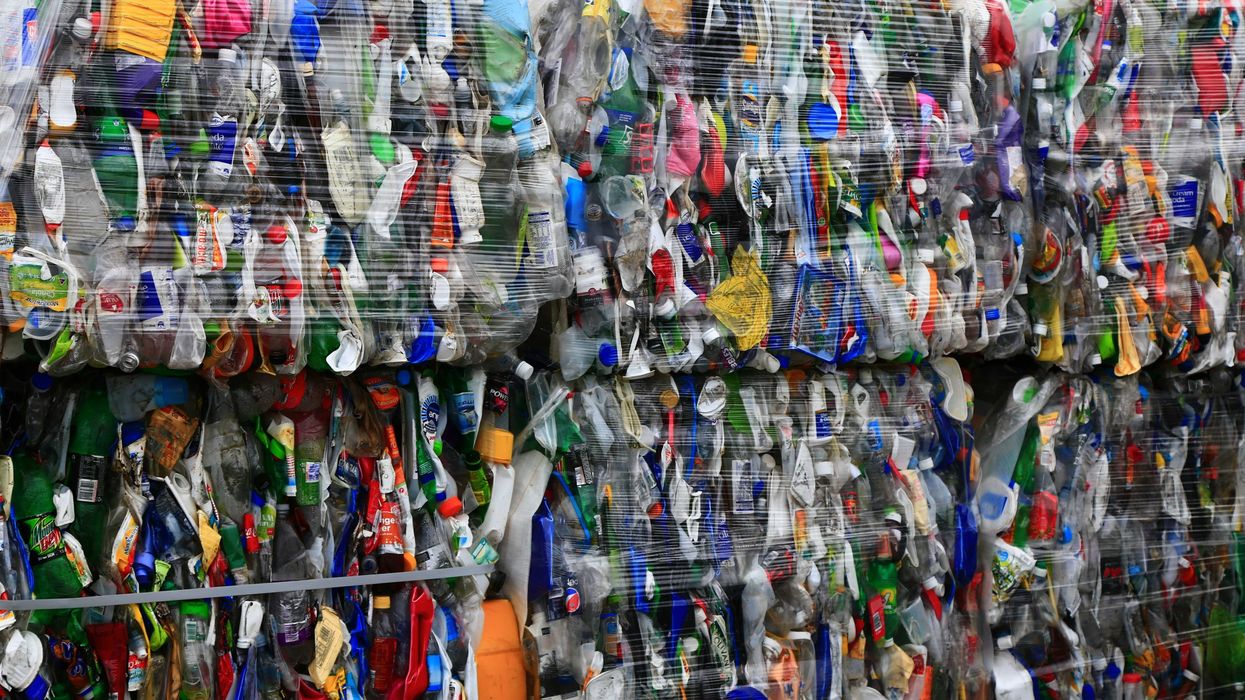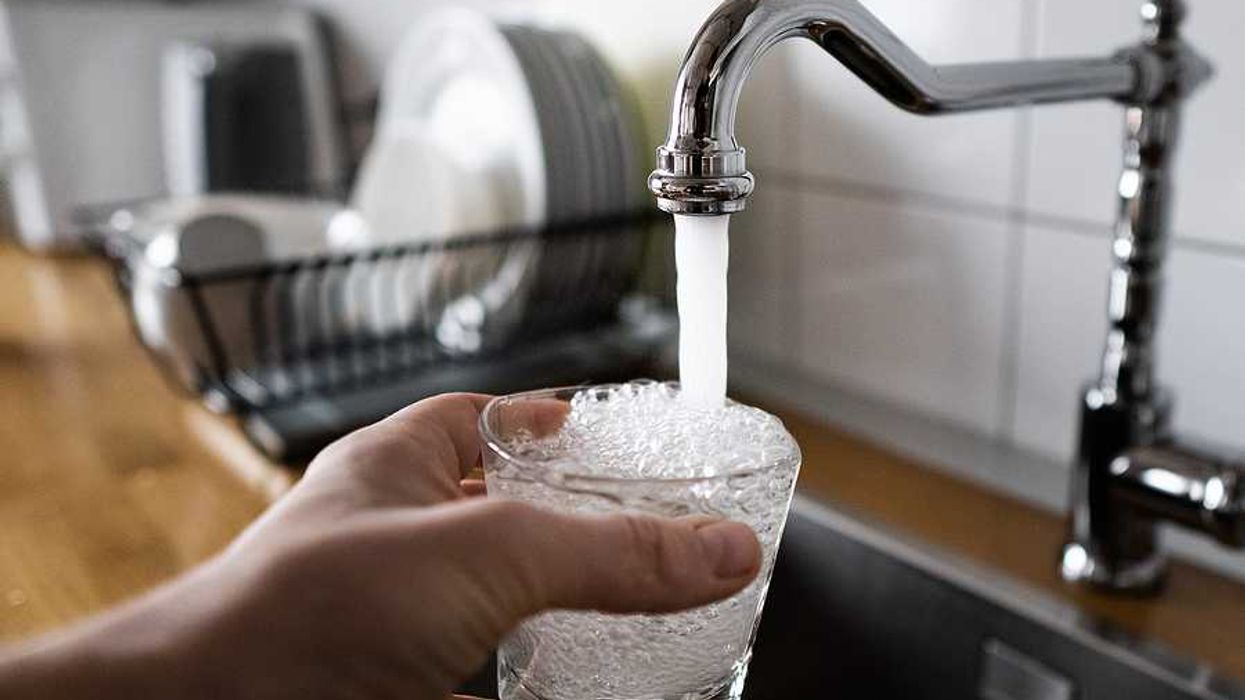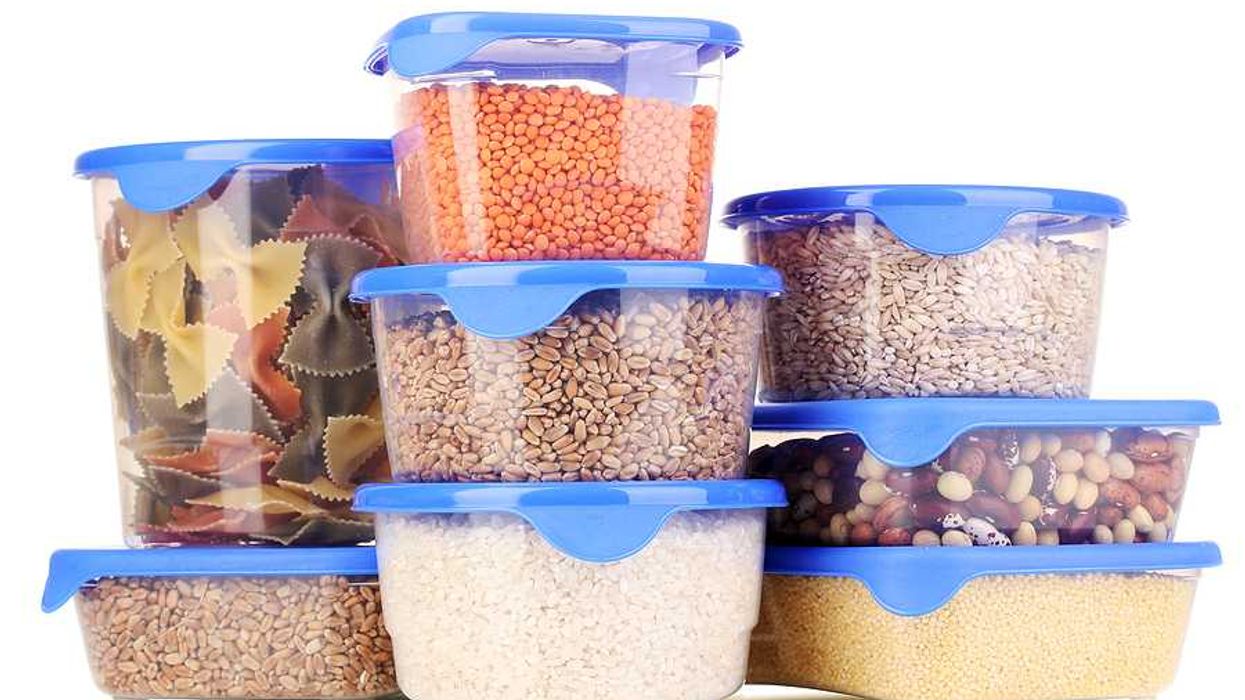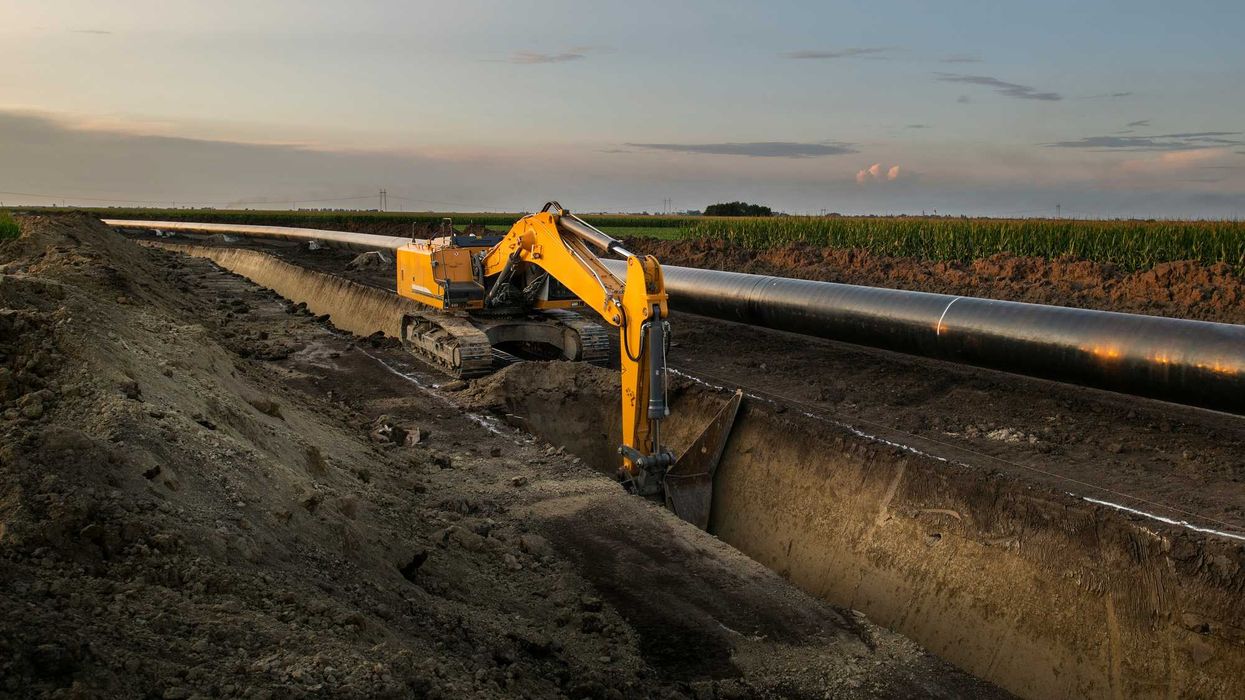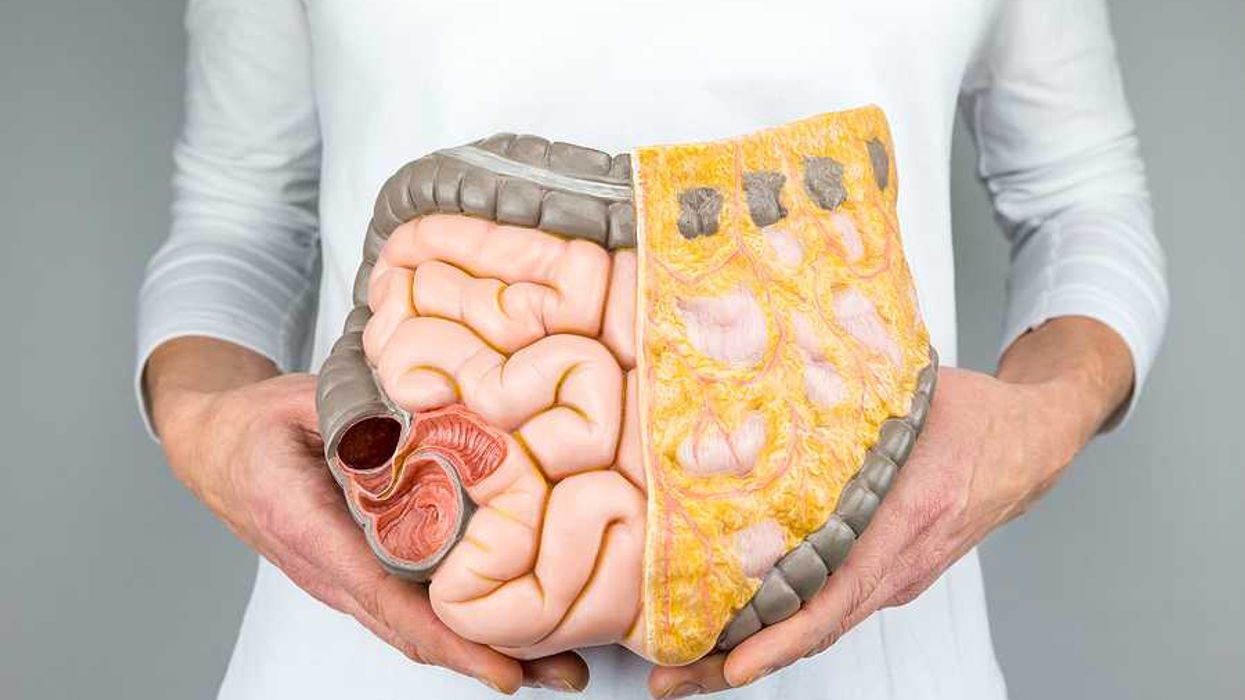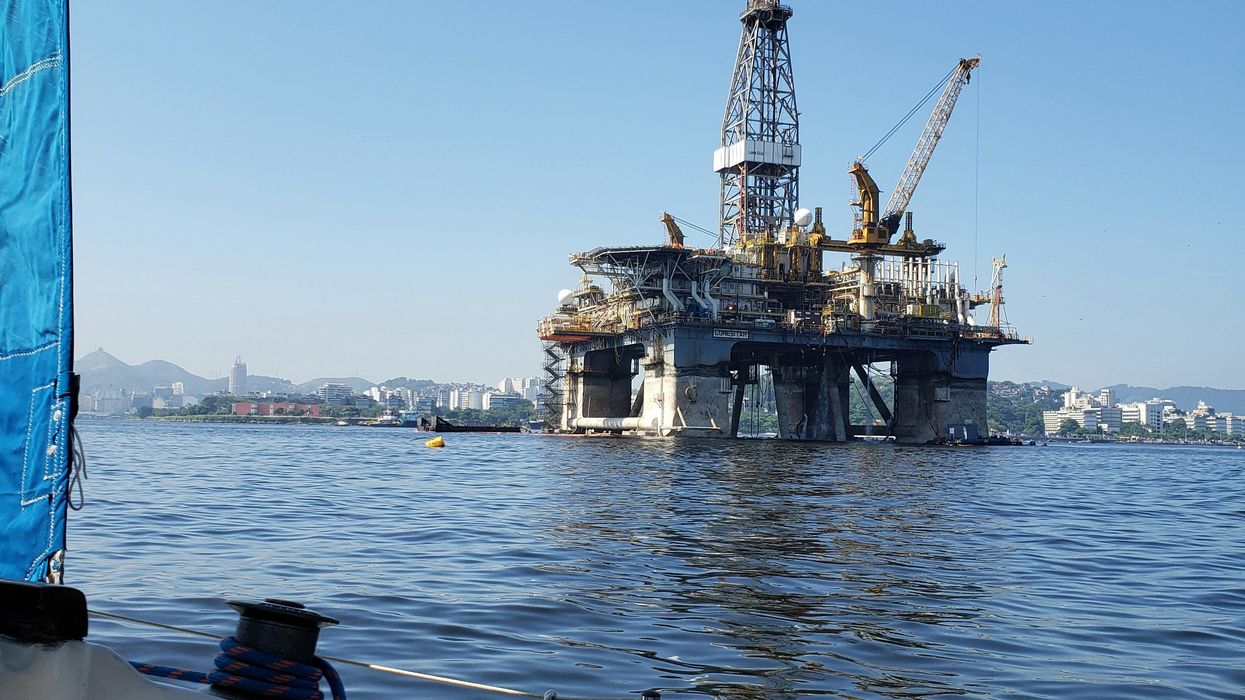A recent study shows a direct correlation between increases in plastic production and rising levels of environmental pollution.
Kathryn Willis, Britta Denise Hardesty, Katie Conlon, and Win Cowger write for The Conversation.
In short:
- Global plastic production could consume 20% of global oil production by 2040, exacerbating plastic waste issues.
- Research highlights a direct 1:1 relationship between the increase in plastic production and the rise in pollution, notably from major brands.
- Experts propose capping plastic production and improving recycling technologies as potential solutions to mitigate pollution.
Why this matters:
Every water bottle, shopping bag, and food wrapper represents a slice of a complex problem that extends from the micro — affecting human health through potential endocrine disruptors — to the macro, where marine life is ensnared by the refuse of our convenience culture. And while recycling programs and biodegradable alternatives offer a glimmer of hope, the reality is a Gordian knot of consumption and waste that society is yet to untangle.
Plastic production is on track to triple by 2050, a potential influx of hazardous materials that the Earth and humans can't handle.


